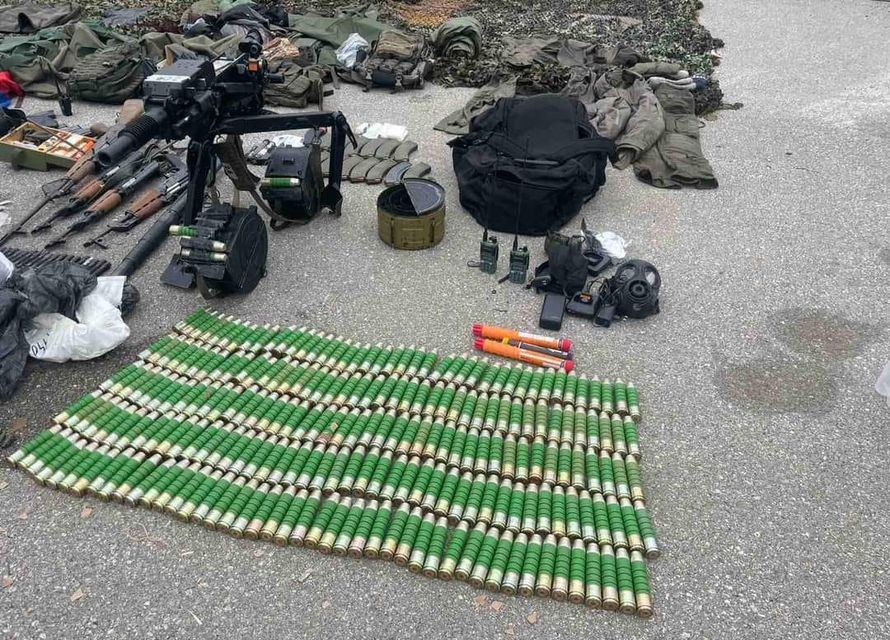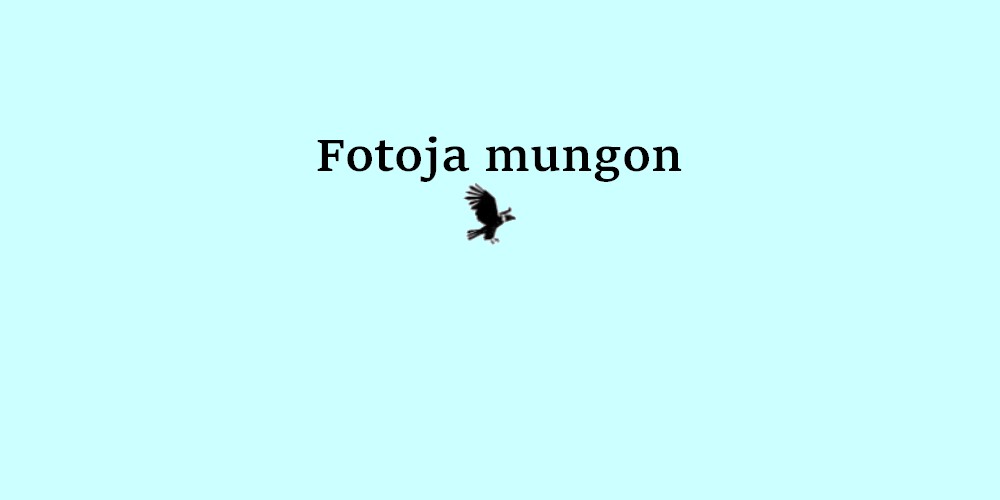Amidst escalating tensions in Kosovo, the incursion by the Banjska Group raises fears of renewed Balkan conflict. Complex geopolitical interests and historical animosities threaten European stability.
SEP-28- 2023
The recent incursion into northern Kosovo by a group identified as the Banjska Group has sent shockwaves through the region, threatening to reignite a long-standing powder keg of geopolitical tensions. This incident, initially characterized by official Pristina as a terrorist attack and an act of aggression, has not only stoked fears of renewed conflict in the Balkans but has also raised concerns about potential ripple effects throughout Europe. As we delve into the complex web of events surrounding this incursion, it becomes increasingly evident that this may be part of a larger strategic plan by certain actors.
Sonja Biserko, Chairperson of the Helsinki Committee for Human Rights in Serbia, sheds light on the troubling backdrop that set the stage for this incident. She points to a concerning series of events in recent months, including the appearance of graffiti reading ‘When the army returns to Kosovo’ and President Aleksandar Vucic’s speech at the General Assembly, characterized by a tone and message that seemed to hint at impending actions. According to Biserko, Belgrade’s intentions were far from subtle, echoing a disturbing transparency reminiscent of the 1990s when Yugoslavia crumbled.
Biserko suggests that a larger, more ominous scenario might have been at play, one designed to provoke a conflict that could pave the way for the Serbian army’s entry into northern Kosovo under the pretext of protecting Serbian populations. This, in turn, would further the agenda of dividing Kosovo, an option purportedly supported by various sectors, including political and academic elites, security services, the military, civil society, and even elements of the media.
The implications of this operation are far-reaching, especially concerning Western interests. Biserko argues that the West cannot tolerate such provocations, indicating that this crisis was not triggered by Kosovo’s Prime Minister, Albin Kurti, who demonstrated restraint and professionalism in handling the situation. Instead, she suggests that Belgrade bears significant responsibility, despite Vucic’s attempts to deflect blame onto Kosovo Serbs, who, in her view, are effectively his hostages.
Biserko also draws attention to Russia’s interests in destabilizing the Balkans, creating tensions, and diverting attention from Ukraine. Notably, Vucic’s quick engagement with the Russian ambassador to complain of Kurti’s alleged “ethnic cleansing of Serbs” is indicative of this geopolitical chess game. The involvement of the Serbian Orthodox Church, which promptly reported a break-in at its Banjska site, adds a layer of complexity to the situation.
Responsibility for the current state of affairs extends beyond Belgrade. Biserko asserts that the international community’s tolerance of President Vucic’s threats to neighboring countries played a role in escalating tensions that ultimately led to this crisis. As Kosovo Prime Minister Albin Kurti and President Vjosa Osmani accuse Serbia of supporting “Serbian criminal gangs,” the rift between the two nations deepens.
The declaration of September 27 as the Day of Mourning by the Government of Serbia underscores the gravity of the situation. As diplomatic tensions escalate, the precarious balance in the Balkans appears more delicate than ever. The world watches with bated breath, hoping for a peaceful resolution that prevents the nightmare of renewed Balkan conflict and its potential spillover into wider European stability.
You’re currently a free subscriber to THE FRONTLINER. For the full experience, upgrade your subscription.
Together, we can shed light on the stories of voiceless men, women and children of war and contribute to raising awareness and generating positive change.


Shënim:
Redaksia, diplomacia. dk nuk e merr përgjegjësinë për pikëpamjet e autorit në shkrimin e botuar!
Respekt!
